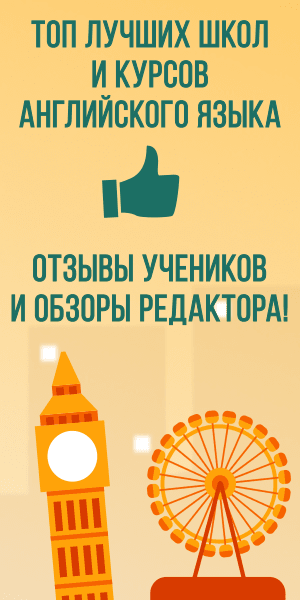Covenant is the coming together and the making of an agreement, by parties previously apart from each other. It is the making of peace and the restoration of order. The idea of covenant is an ancient idea that goes all the way back to when God made a covenant with Adam and Eve, promising divine favor in return for obedience (Drummond). At the time when man began to communicate and cooperate and needed some form of agreement to entrust cooperation, a covenant was made.
Covenants are made with Noah, Abraham, Moses, and David. All four of these covenants share similar and distinctive features. One similarity that they are all promises from God; all covenants include promises. They differ in the fact that they can be unilateral or bilateral. The covenants of Noah, Abraham, and David are unilateral in which only one side obligates itself to the benefit of the other side. On the other hand, the Mosaic covenant is bilateral, which is when the two sides participate equally; they obligate themselves equally to maintain the agreement.
The covenant with Noah happened after God was displeased with the creation of human beings because they were not being faithful stewards of the world. In result, God put a flood in place for 40 days to put an end to all things except for Noah, his family and everything on the ark. God covenanted with Noah that there would never again be such a flood to destroy all of humanity. God uses a rainbow after the rain as a reminder to Himself of the promise He has made.
The Abrahamic covenant embodies God’s oath to a single individual and his descendants. As stated in Genesis 12:2–3, “I will make you into a great nation and I will bless you; I will make your name great, and you will be a blessing. I will bless those who bless you, and whoever curses you I will curse, and all people on earth will be blessed through you.” The Abrahamic covenant revealed the plan of salvation with greater clarity than ever before. With Abraham, the promise of the new covenant is considerably expanded, providing a much clearer vision of future salvation (Pentecost, 81).
The Mosaic Covenant is a conditional covenant made between God and the nation of Israel at Mount Sinai (What is the Mosaic Covenant). The Mosaic covenant was stated in Exodus 19:5 “Now if you obey me fully and keep my covenant, then out of all my nations you will be my treasured possession. Although the whole earth is mine, you will be for me a kingdom of priests and a holy nation.” The covenant is clearly stated that people’s future welfare depends entirely on their collective obedience. If people keep all the laws and commandments, then God will be there for them.
The Davidic covenant was between God and David through which God promises David and Israel that the Messiah would come from the lineage of David and the tribe of Judah and would establish a kingdom that would endure forever. The promises from God were spoken through the prophet Nathan. The most important promises are the ones concerning David; the promise of the establishment of his house referring to David’s biological line of descent, and that his kingdom and throne would never pass away permanently. In it, God exhibits his loving kindness towards David by blessing him and his household with the ability to rule the nation, Israel. Yet he also illustrates his justice by warning David’s descendants to remain faithful to him, otherwise, he will discipline them.
In conclusion, God has given His covenant law to a man that we might know and follow after righteousness because these things are what He is delighted in (Jer. 9:24). The first covenant served its purpose and had its time. Righteousness, justification, forgiveness of sins could not be obtained through the first covenant; however, God gave it to man to lead him to perfection (Heb. 10:1). Everything that couldn’t be obtained through the first covenant now can be through Christ with the new covenant. Even though those covenants happened a long time ago, parts of them are still evident today. For instance, the rainbow in the sky still happens to this day because it is an everlasting covenant.









